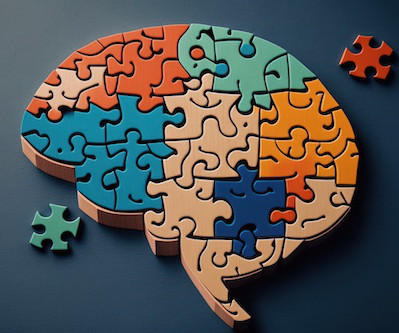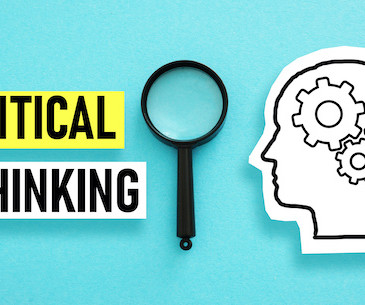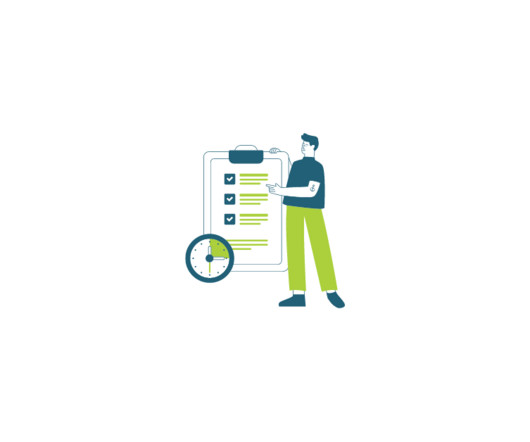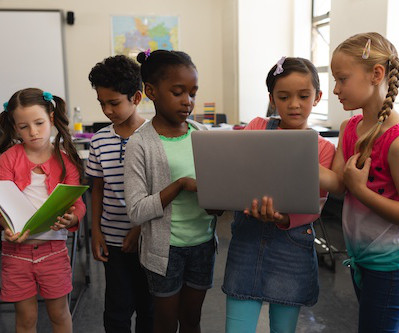Why math hints matter–and how AI can help
eSchool News
JUNE 26, 2025
Research shows that productive struggle in math leads to better learning. Without appropriate support, students may disengage, lose confidence, and eventually decide they’re “just not a math person.” That’s the experience we want to create in math classrooms. But there’s a fine line between productive and unproductive struggle.





















Let's personalize your content